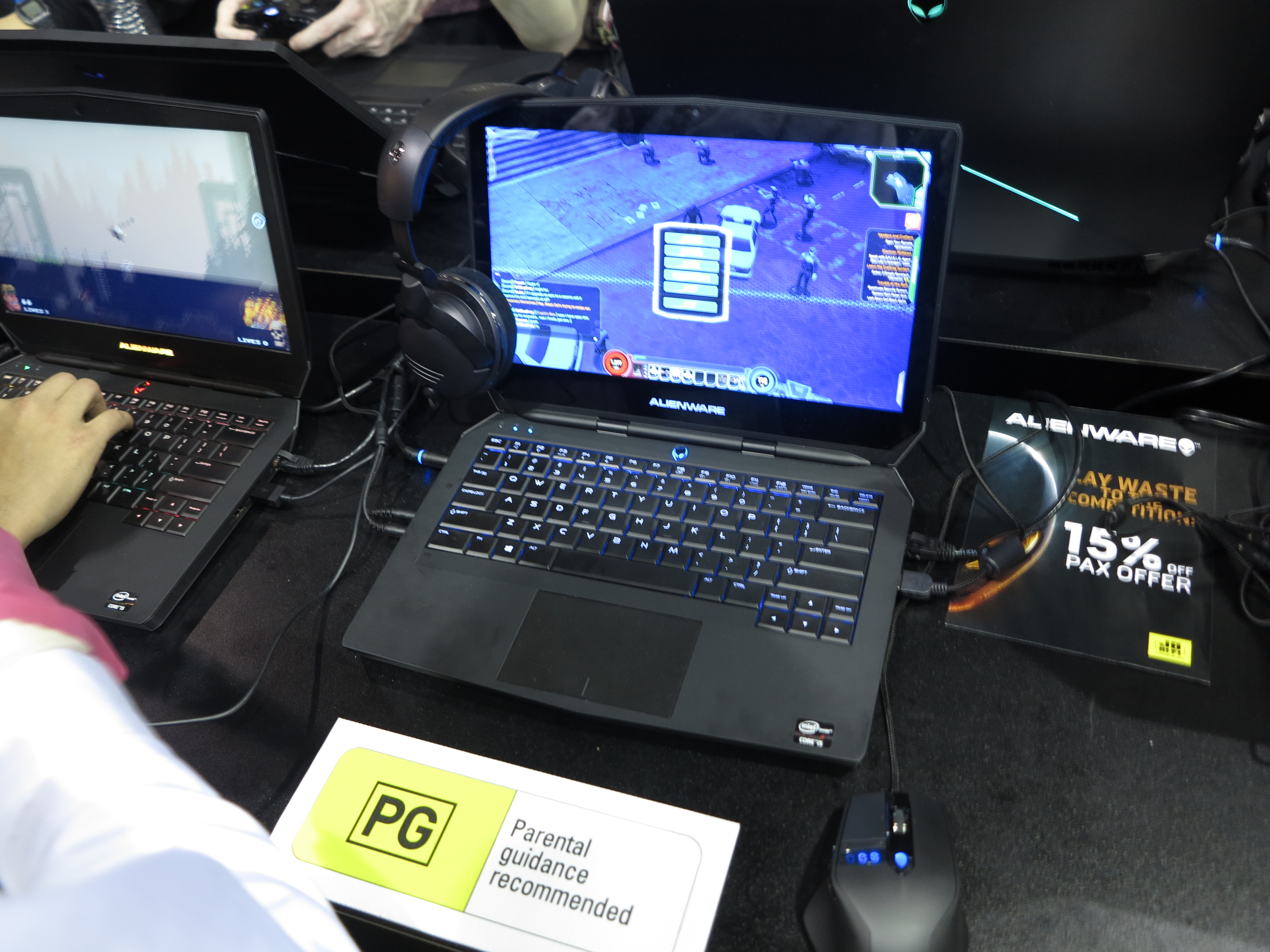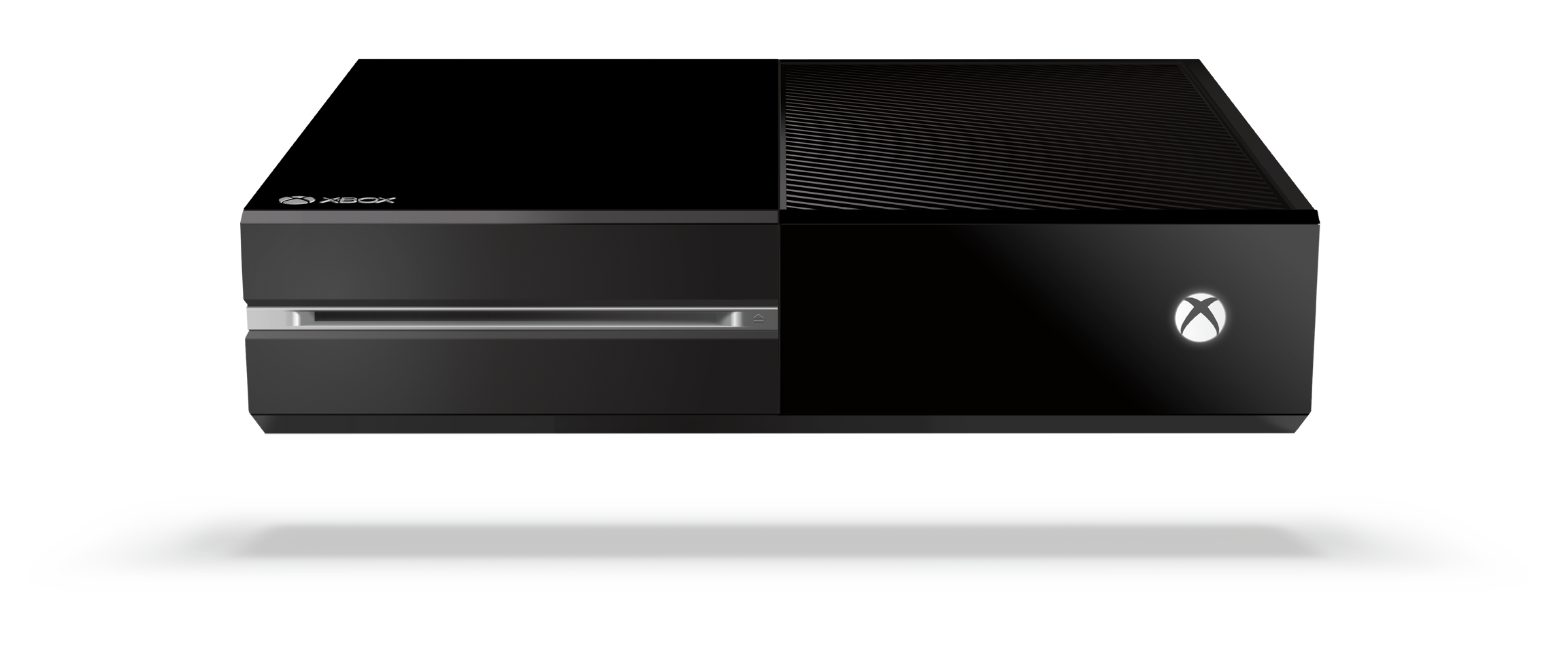Before the rise of Internet-hosted online gaming setups, we saw the existence of multi-player multi-machine gaming setups that existed either peer-to-peer with a cable or a local area network.
What was valued about these setups was that you could establish ad-hoc local games challenges ranging from connecting up a pair of PlayStations to each other towards the huge “LAN party” frag-fests with players playing various games on many overclocked PCs connected via a business-grade Ethernet network to a games server in a large room that is hired for that party. In some cases, it could include a Bluetooth link between two phones or PDAs to play a game while on a train or over a coffee at that café/
There were advantages like being able to play against people you know well, through having the network game become a feature for a party to the ability for a venue to host their own challenges based on these games.
As we have moved towards the online games model, we have drifted from the localised multi-machine gaming model. But we can re-integrate the localised model with the online model if the game or situation allows for it.
One approach would be to create local teams, gaming challenges or play spaces for your immediate area. These would require users with the online accounts to be aware of and play with the teams, challenges or spaces. They could be locally authenticated using GPS, network discovery or manually through the user entering in a seat number or room number for the local challenge.
Another way of facilitationg these local challenges is to “go hybrid”. This is where you have the online gaming setup but you also have a local games server available to a local network, which could be the function of a high-end network-attached storage device. This local server can team with the online server either to cache activity when the online link is a slow link or to host the local challenges.
This concept of local-network gaming may go against the dream for the purely cloud-driven online lifestyle but can allow for increased opportunities for developing the network-gaming concept further. It doesn’t matter whether you are at home, run a public-access network or want to take gaming further than the online gaming services.


